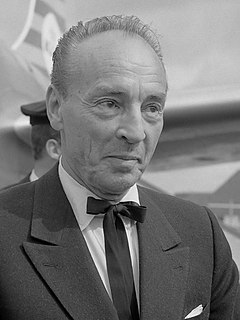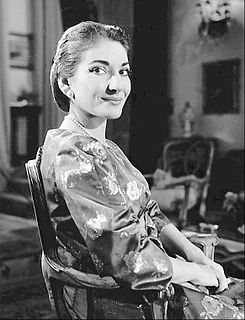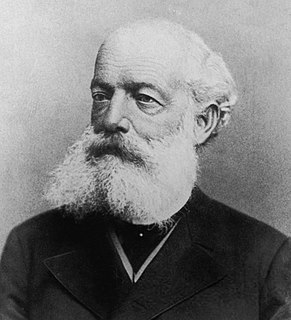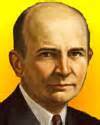A Quote by George Balanchine
One is born to be a dancer. No teacher can work miracles, nor will years of training make a good dancer of an untalented pupil. One may be able to acquire a certain technical facility, but no one can ever 'acquire an exceptional talent.' I have never prided myself on having an unusually gifted pupil. A Pavlova is no one's pupil but God's.
Related Quotes
I will gladly give lessons as a favor, particularly when I see that my student has talent, inclination, and anxiety to learn; but to be obliged to go to a house at a certain hour, or to have to wait at home for a pupil, is what I cannot do, no matter how much money it may bring me in. . . I am a composer and was born to be a Kapellmeister. I neither can nor ought to bury the talent for composition with which God in his goodness has so richly endowed me. . .
The man who is an initiate of one of the great Mystery Schools never fears to let his pupils outdistance him, because he knows that it stands him in good stead with his superiors if he is constantly sending up to them aspirants who 'make good.' He therefore never tries to hold back a promising pupil, because he has no need to fear that pupil, if allowed to penetrate into the Mysteries, would spy out the nakedness of the land; he will rather bring back a report of its exceeding richness, and thereby confirm the statements of his teacher and spur his fellow pupils to yet greater eagerness.
Often nothing keeps the pupil on the move but his faith in his teacher, whose mastery is now beginning to dawn on him .... How far the pupil will go is not the concern of the teacher and master. Hardly has he shown him the right way when he must let him go on alone. There is only one thing more he can do to help him endure his loneliness: he turns him away from himself, from the Master, by exhorting him to go further than he himself has done, and to "climb on the shoulders of his teacher."
The most valuable thing a teacher can impart to children is not knowledge and understanding per se but a longing for knowledge and understanding, and an appreciation for intellectual values, whether they be artistic, scientific, or moral. It is the supreme art of the teacher to awaken joy in creative expression and knowledge. Most teachers waste their time by asking questions that are intended to discover what a pupil does not know, whereas the true art of questioning is to discover what the pupil does know or is capable of knowing.
A tutor should not be continually thundering instruction into the ears of his pupil, as if he were pouring it through a funnel, but, after having put the lad, like a young horse, on a trot, before him, to observe his paces, and see what he is able to perform, should, according to the extent of his capacity, induce him to taste, to distinguish, and to find out things for himself; sometimes opening the way, at other times leaving it for him to open; and by abating or increasing his own pace, accommodate his precepts to the capacity of his pupil.






































